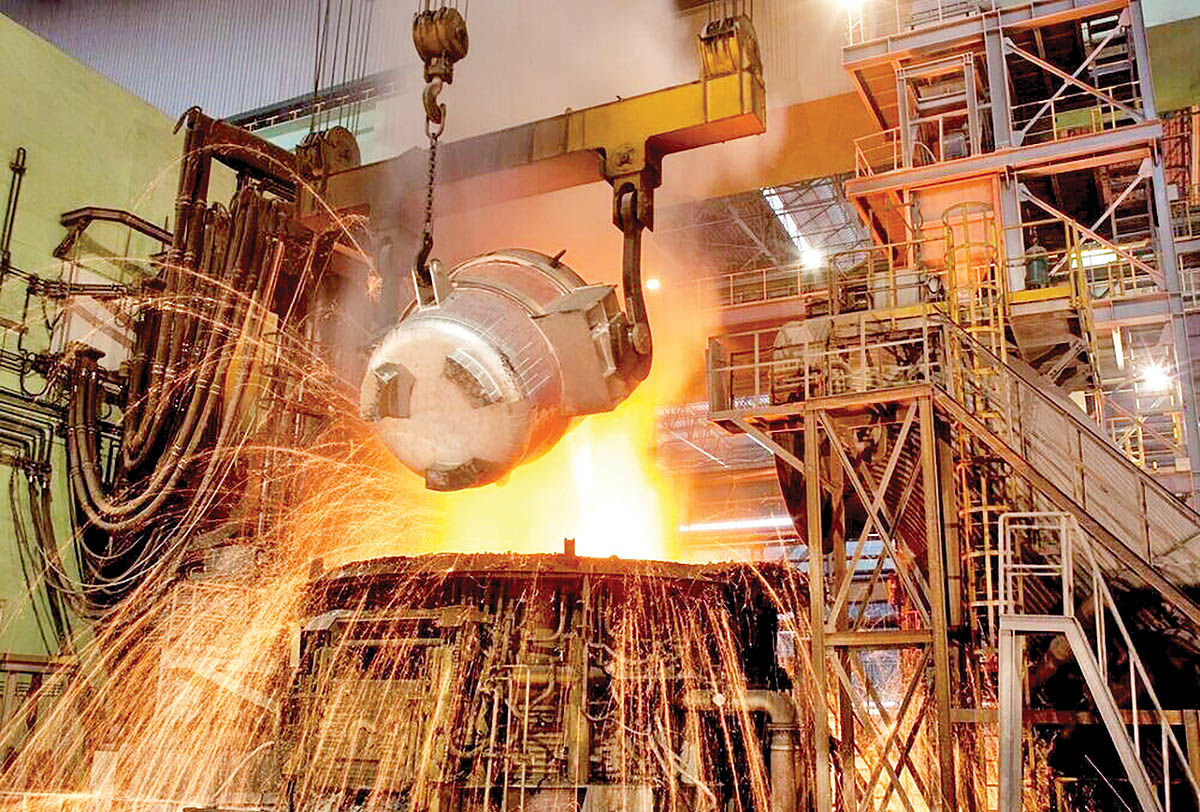- صفحه نخست
- EPC project management
EPC project management

In the EPC project contract model, a contractor takes on the overall responsibility for the engineering design, procurement, and construction of a project. This means that the EPC contractor acts as a single point of contact for the client and is responsible for all aspects of the project from start to finish. Sepahan Beyond Research Company, in addition to providing technical and engineering services, has the capability to complete industrial projects in the form of EPC by undertaking procurement responsibilities and supply of goods, as well as construction and project implementation operations. The company has successfully obtained a qualification certificate for industrial and mining contracting.
- atinegar
- atinegar
Procurement and Supply
The procurement process is one of the three stages of EPC projects. This process ensures that purchases made by companies are fair and competitive, and that each item is acquired at the best price. Maintaining effective relationships with suppliers and active involvement in all stages of the procurement process are vital elements for ensuring overall business operation success. These actions allow you to pursue your specific goals effectively and meet stakeholders’ needs. Speed and quality in sourcing goods from reputable and approved sources are essential conditions for timely completion of projects. In recent years, a wide range of engineering procurement services have been entrusted to Sepahan Beyond Research alongside design and engineering services.
Sepahan Beyond Research Company with over a quarter-century of experience, has been responsible for carrying out many industrial projects in the form of EPC. For access to projects, you can continue from here.
Construction
The construction and execution phase in EPC projects is one of the most important stages. In this phase, the project moves to the construction and execution operations. The contractor is responsible for carrying out all activities, from excavation to delivering the project to the client.
In this phase, some of the contractor’s duties include:
- Construction and Installation: Construction of buildings, equipment, systems, and installations required based on engineering designs.
- Contractor Management: Time, cost, and quality control, management of work teams, procurement, and resource management.
- Quality Control: Conducting tests, inspections, and ensuring the quality of buildings and equipment.
- Safety Management: Implementing professional safety and health standards in the workplace.
- Change Management: Managing changes in designs, requirements, and project conditions.
This phase of the project requires coordination and effective collaboration between engineering teams, procurement, construction and execution, and project management to successfully complete the project. Therefore, it is important for contractors and related teams to manage the collaboration, issues, and project challenges.
Sepahan Beyond Research Engineering Company, with experienced executive managers and experts, suitable execution facilities, deployment of specialized execution groups, as well as technical support from the headquarters’ designers, carries out project execution work quickly and in good quality according to the specified technical specifications and regulations, as well as a commitment to comply with environmental, safety, and occupational health laws and regulations during installation, commissioning, pre-commissioning, and commissioning.
Sepahan Beyond Research Company, with a history of more than a quarter of a century, has been responsible for carrying out many industrial projects in the form of EPC. To access the projects, you can continue from here.
Cold and Hot Testing and Commissioning
During the final stages of constructing any industrial project, cold and hot testing and commissioning play a crucial role in ensuring flawless performance and safe installations. This process involves a set of precise and planned actions to identify and rectify any defects or issues in various installation systems before full operation.
Cold testing is carried out when there is no flow of any fluid or energy carrier in the systems. In this phase, using various simulation methods, the performance of various system components such as pumps, valves, electrical panels, control systems, and instruments is thoroughly examined.
Hot testing is conducted after completing cold testing and injecting fluid or energy carriers into the systems. In this stage, the performance of installations is evaluated in actual working conditions, ensuring compliance with the design specifications and relevant standards.
Conducting detailed and thorough cold and hot testing and commissioning has numerous benefits, including:
- Reducing the likelihood of breakdowns and defects in installations
- Increasing equipment lifespan
- Improving operational efficiency and performance
- Reducing maintenance and repair costs
- Ensuring the safety and health of personnel and the environment
Our company, with a shining track record in conducting cold and hot testing and commissioning for various industrial projects, such as steel plants, industrial factories, and water and wastewater facilities, is ready to provide services in this field. Our experienced team of specialists, using modern technical knowledge and advanced equipment, meticulously performs all stages of testing and commissioning to ensure the flawless and safe operation of your installations.
Sepahan Beyond Research Company, as a partner in the EPC field, has experience in carrying out various projects in this area, which you can view from here.

